Think a t-shirt can’t change the world? Think again. While it might sound like hyperbole, the reality is that the clothing we wear has a significant impact on the environment. Whether that impact is positive or negative depends on the choices we make as consumers. Of course, making the most informed buying decisions hinges on understanding all of the options — which is why we’re so eager to introduce an especially exciting sustainable clothing brand to you today: the Industry of All Nations (IOAN).

Industry of All Nations; A New (Old) Kind of Manufacturing
We often think of the move toward embracing sustainability as a step forward. In the case of IOAN, “a step backward” may be a more appropriate way of putting it. Why? Because in April 2010 when this international apparel company began, its leaders looked to the past when researching, designing and developing its products and processes. Today, IOAN uses a combination of indigenous and new manufacturing techniques to create responsible shirts, knitwear, pants and shorts, jackets and coats, shoes, accessories, eyewear and more.
Three Argentinian brothers, Juan Diego, Fernando and Patricio Gerscovich, founded IOAN with the goal of returning manufacturing to the parts of the world where the products and materials originate. In doing so, Industry of All Nations helps to build and propagate sustainable local economies that are good for people, places and the planet at large. “There’s creating the value of the whole process, from the raw material all the way to the finished product. That’s a great thing that can happen. That’s how our supply chain works,” Fernando Gerscovich told CGTN America.
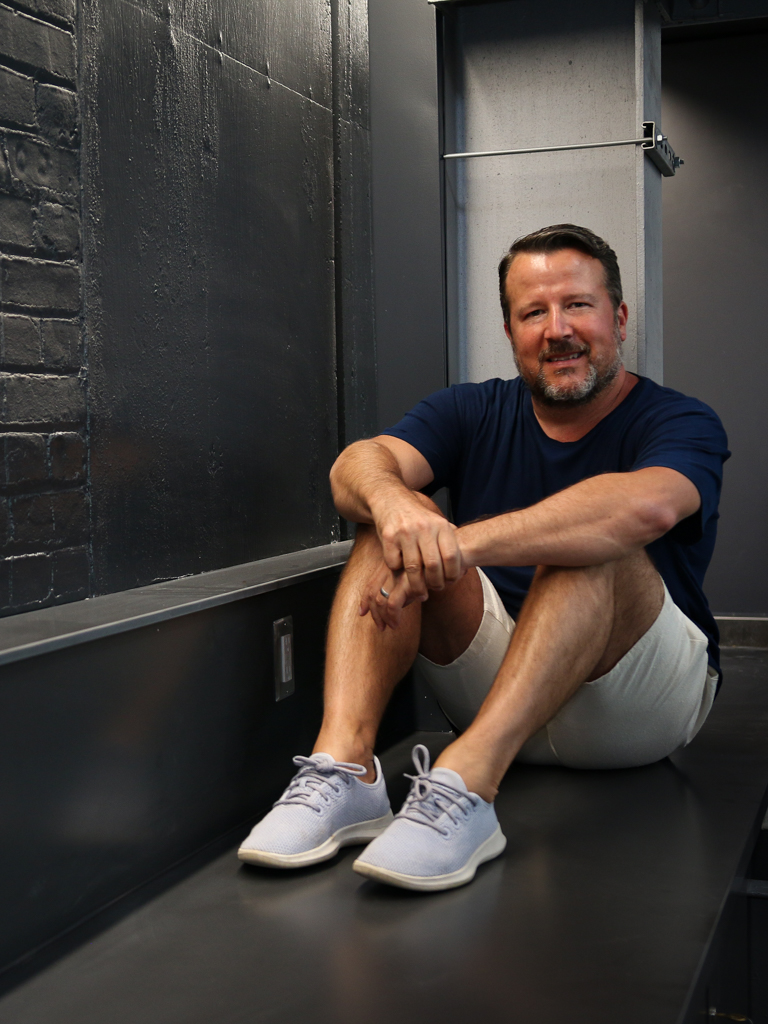
Gifts from Planet Earth to Planet Earth
One of the ways IOAN accomplishes so much? By embracing the use of natural dyes, including the oldest and most widely used: indigo, which has been utilized in India for a staggering 4,000 years. Derived from plants, animals and minerals, indigo and other natural dyes have many environmental advantages over artificial alternatives. They’re biodegradable, non-allergic, and contain neither harmful chemicals nor carcinogenic components. Furthermore, the natural dyeing process produces less waste than synthetic dyeing. And then there’s the fact that the colors produced by natural dyes are vibrant and beautiful.
All of which begs the question: With so much going for natural dyes, why did manufacturers switch to synthetic dyeing? The answer is simple: the process was easier and less expensive. However, this also came with a tradeoff in the form of a terrible toll on the environment. This is why sustainable clothing companies like Industry of All Nations returned — literally, in the case of natural plant dyes — to the roots.
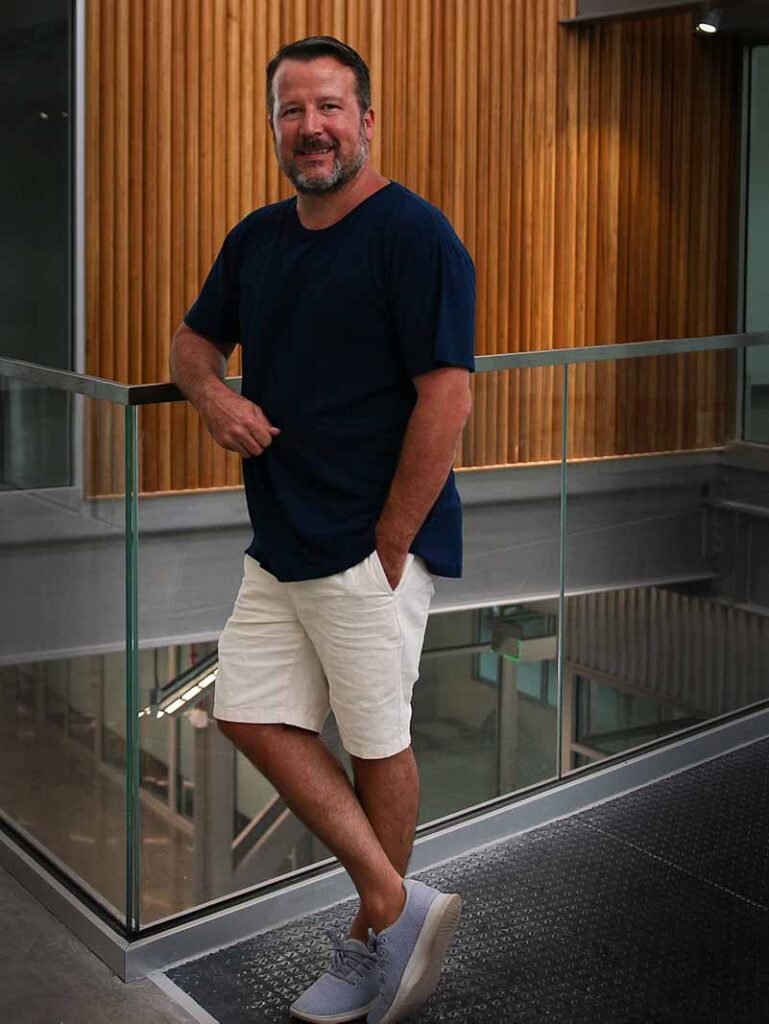
IOAN’s emphasis on end-to-end production, meanwhile, also has profound benefits for the environment as well as for supporting local economies.
And while it’s true that final pieces do have to travel a great distance to reach their final destinations, the benefits still far outweigh the costs.
While Industry of All Nations has grown a lot since it made its first pair of biodegradable espadrilles, it continues to stay true to its founding principles with every piece of clothing it produces. As consumers, we still have some growing to do when it comes to our shopping and buying habits. This starts with accepting that if we’re truly trying to save the planet, our wardrobe choices have to take into account more than how clothes look or how little we can pay for them. In addition to buying fewer, more durable pieces of clothing, we can also support sustainable fashion brands. The best part? Thanks to companies like IOAN their commitment to innovation and the environment, and their extraordinary products, the act of doing so is not sacrificing but satisfying.
To learn more about Industry of All Nations, including about the experiences of our founder, Scott, with IOAN’s Indigo 12 Clean Crewneck T-Shirt, make sure to watch the video here.
Interested in sustainable apparel companies? Take a closer look at Arvin Goods, an innovative company that lays claim to making “the cleanest basics on the planet.”


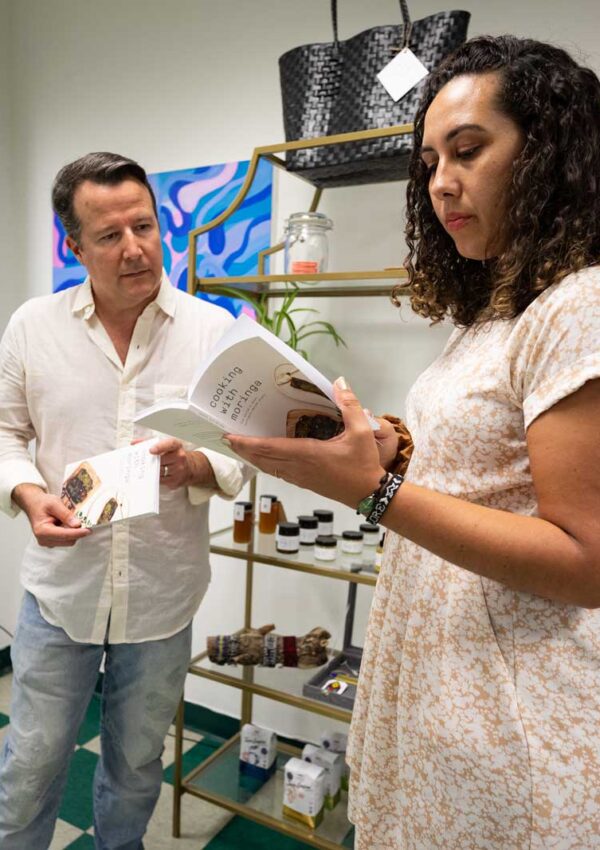
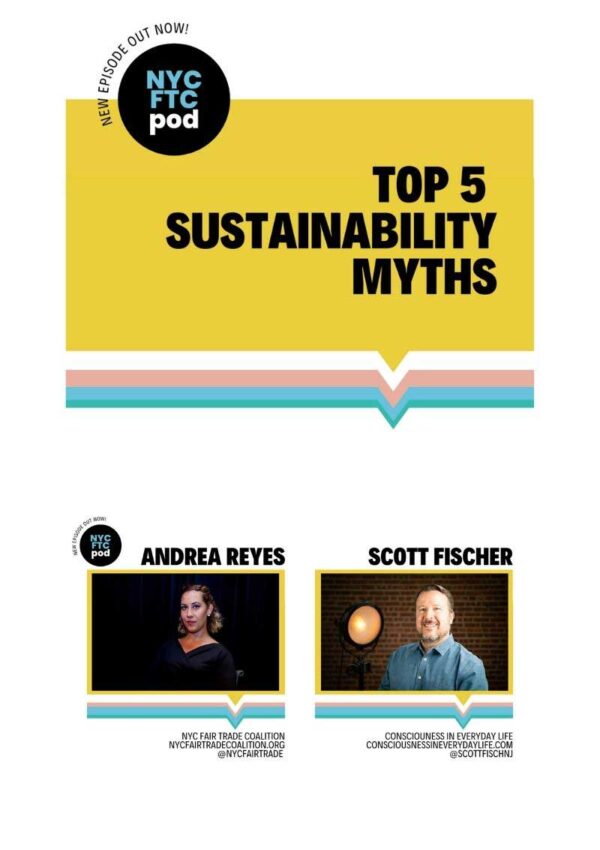
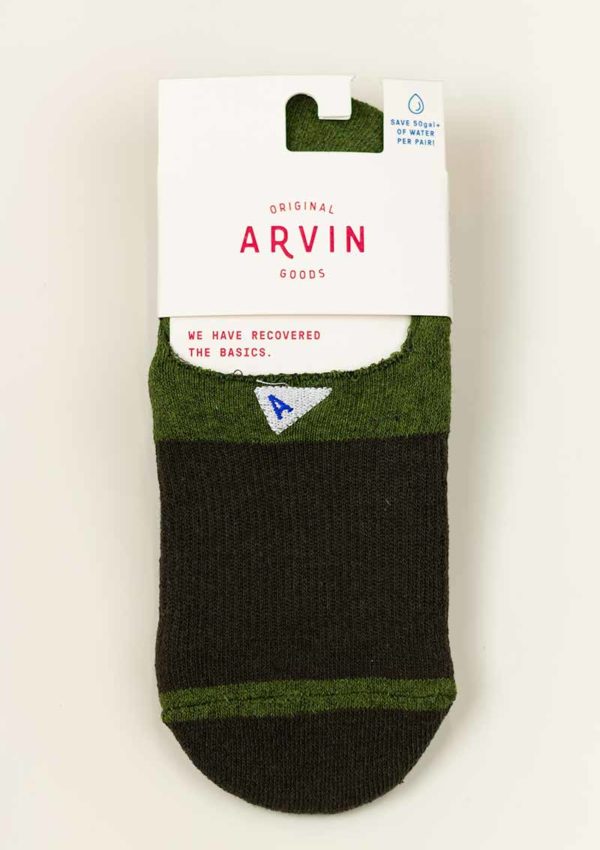

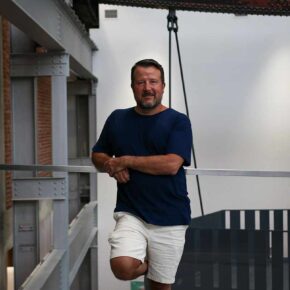
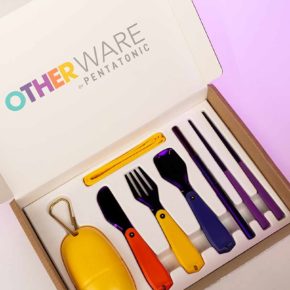

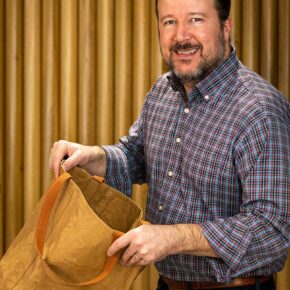
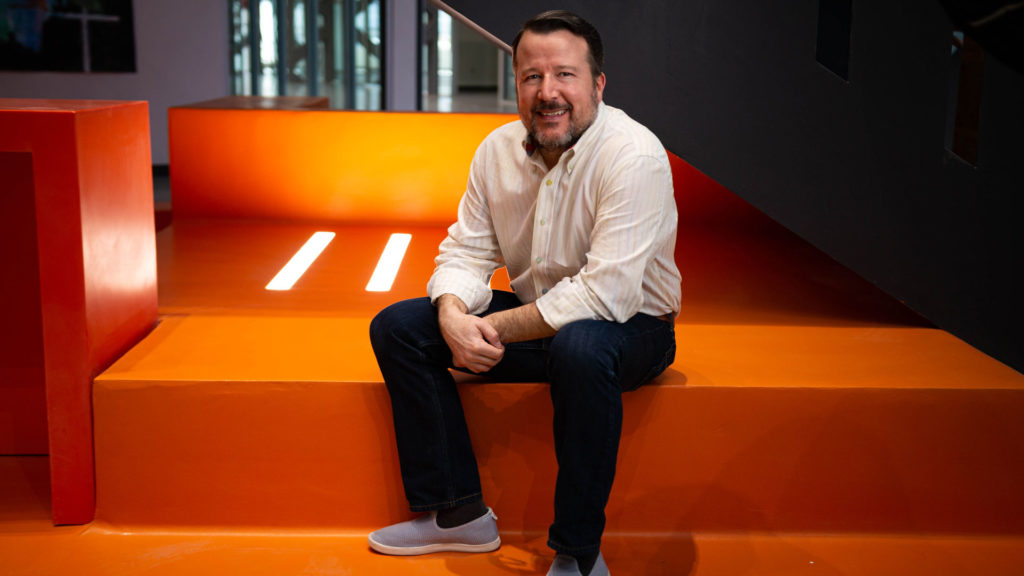

Leave a Reply